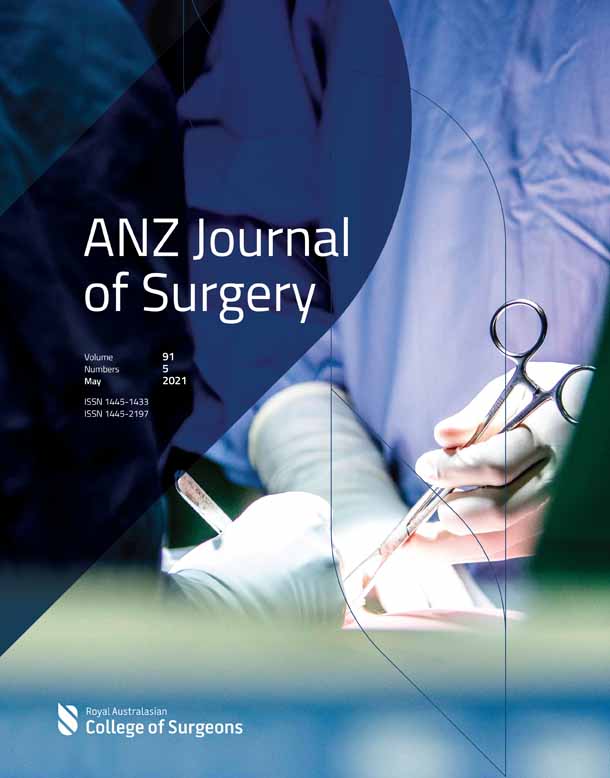Sarcopenia is a strong predictive factor of clinical and oncological outcomes following curative colorectal cancer resection
Preliminary findings were previously presented in two oral presentations at ASCRS 2020 Virtual Congress.
Abstract
Background
Skeletal muscle depletion and subsequent functional loss is common in gastrointestinal malignancy. Usual markers of nutritional status may not be part of routine workup. The predictive value of sarcopenia was assessed and compared with clinically utilized factors. The aim of this was to assess the association between computed tomography assessed sarcopenia with outcomes in colorectal cancer resection.
Methods
A total of 228 consecutive patients who underwent curative colorectal cancer resection were included. Skeletal muscle area was measured at L3, with pre-defined gender-specific cut-offs applied to a height standardized index. Albumin, body mass index and Subjective Global Assessment scores were recorded alongside measures of comorbidity. Predictors of complications, mortality, and recurrence were identified through multivariate logistic regression.
Results
Computed tomography assessed sarcopenia was significantly associated with longer stays, complications, 30-day mortality, readmissions and recurrence at 1 year. Specific associations with major, respiratory and cardiac complications were seen. It independently predicted overall complications (odds ratio 2.96, confidence interval 1.19–7.35 P = 0.019), recurrence at 1 year (odds ratio 8.00, confidence interval 1.45–44.21, P = 0.017) and an increase in comprehensive complication index of 14 (P = 0.002). Subgroup analysis found sarcopenia predicted overall complications in rectal surgery and major complications in colonic surgery. American Society of Anesthesiologists predicted complications but not major complications while cancer stage also predicted recurrence rates.
Conclusions
Sarcopenia presents an objective, available predictive factor that may be superior to current biochemical and clinical measures of nutritional and functional status. This study found it to be predictive of complication rates and recurrence after curative in colorectal cancer resection.
Conflicts of interest
None declared.




